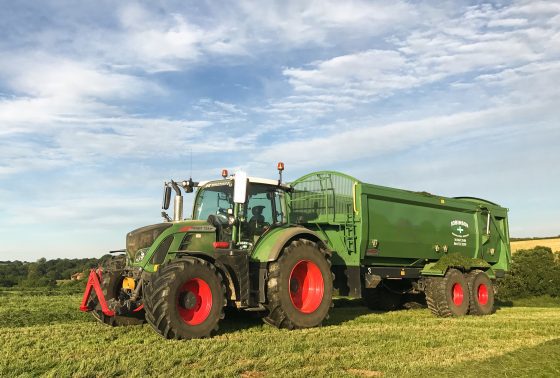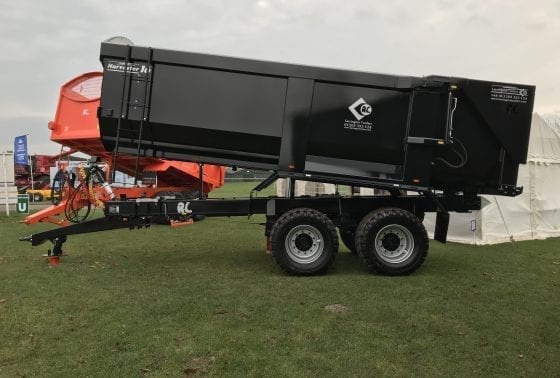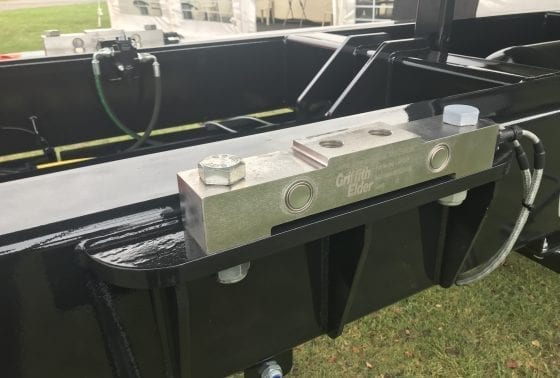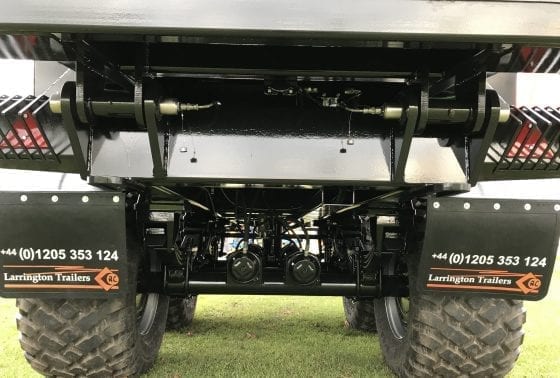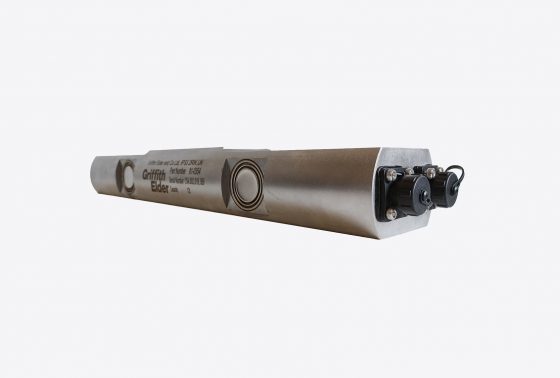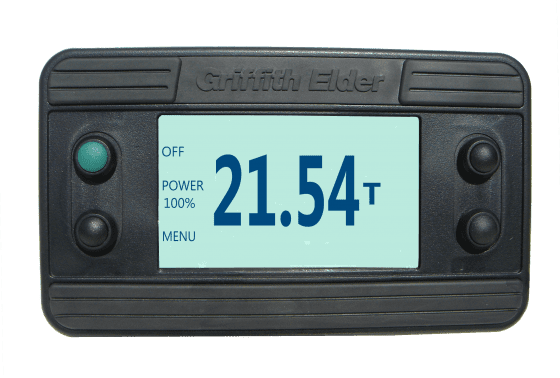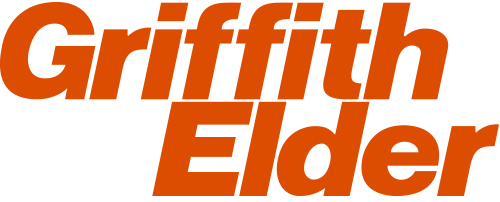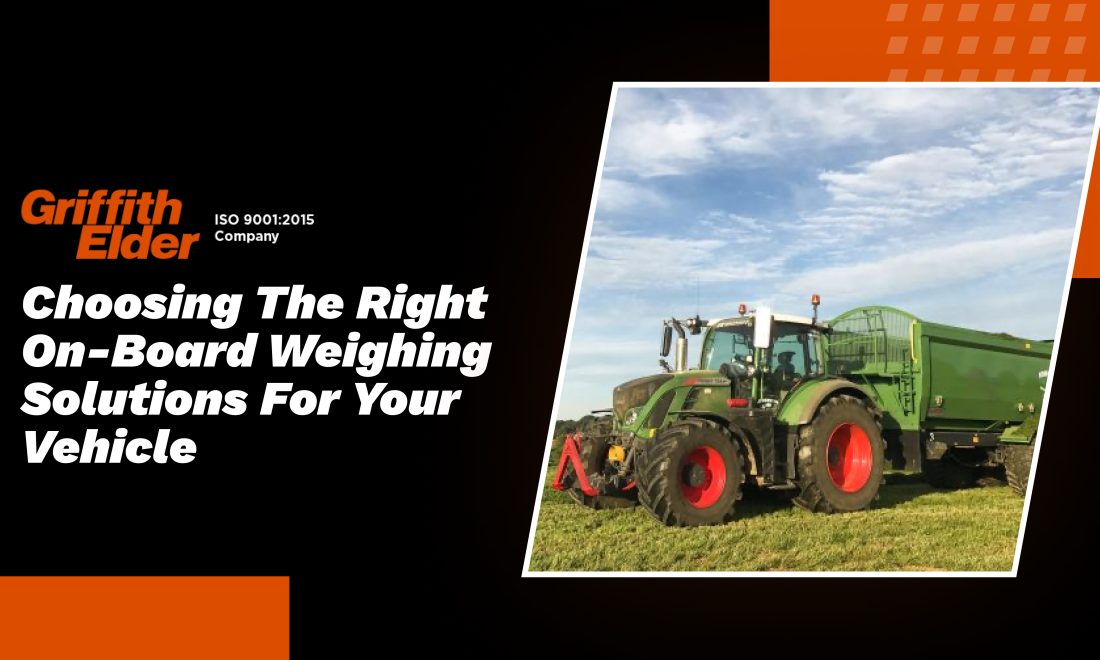
Choosing The Right On-Board Weighing Solutions for Your Vehicle
On-board weighing solutions have become really important for many industries. These systems let you measure and track the weight of your vehicle’s load accurately while you’re driving. They give you real-time data and help you work more efficiently, follow weight rules, and use your resources better. Let’s explore how to pick the best on-board weighing system for what you need, looking at different things that can affect your choice.
Key Factors in Choosing On-Board Weighing Solutions
- Vehicle type and application (e.g. tractors, harvesters, grain carts)
- Weight range and accuracy requirements
- Durability in harsh agricultural environments
- Compatibility with existing vehicle systems
- Ease of installation and minimal vehicle modification
- User-friendly operation and low maintenance needs
- Compliance with UK agricultural weight regulations
- Long-term cost savings and efficiency improvements
- Data management and reporting capabilities
- Supplier reputation and technical support in the UK
Understanding On-Board Weighing Technology
On-board weighing systems use advanced electronic measurement technology to give real-time weight data very accurately. These systems usually have a few main parts: super precise load cells, a digital screen to show and analyze data, and often wireless connections to send data and work with other systems. The load cells are the heart of the weighing system. They use special technology to change mechanical force into electrical signals, which lets them measure weight very precisely. Griffith Elder offers a range of on-board weighing products that use the latest technology to make sure measurements are accurate in all kinds of tough environments. Their systems are built to handle vibrations, temperature changes, and other things that could mess up weighing accuracy, making them good for lots of different uses.
Key Factors in Choosing the Right On-Board Weighing Solution
When picking an on-board weighing system, it’s important to think about several things that can really affect how well the system works and if it’s right for what you need:
- Vehicle type and application: Different vehicles and industries need different weighing systems. For example, a dump truck used in construction will need something different than a truck that carries animals.
- Weight range and accuracy requirements: Think about how much weight you’ll usually be measuring and how precise you need the measurements to be for your work.
- Environmental conditions and durability needs: Things like very hot or cold temperatures, dust, moisture, and shaking can affect how well the system works.
- Integration with existing systems: Make sure the weighing system can easily integrate with other controls or systems
- Scalability: Think about what you might need in the future and if the system can be easily expanded or upgraded.
- Data management and reporting capabilities: Look for systems that offer good ways to record and analyse data.
Griffith Elder’s on-board weighing systems are carefully designed to work with many different types of vehicles and uses, so you can find the right fit for what you need. Their systems are suitable for all sorts of industries, from farming and waste management to mining and logistics, offering solutions that address the specific challenges in each area.
Griffith Elder’s On-Board Trailer Weigher
The Griffith Elder On-Board Trailer Weigher is a really good example of a top-quality weighing solution. It has advanced features that make it stand out:
- It’s super accurate, within 0.5% when not moving and 1% when moving, so you get precise measurements even when the vehicle is in motion
- It’s easy to use, so you don’t need much training and there’s less chance of making mistakes
- The load cells are very tough and can handle normal shaking and bumps without losing accuracy, so it works well in challenging environments
- It doesn’t need much maintenance, which means less downtime and lower costs
- You can set up custom alarms and alerts to prevent overloading and make sure you’re following weight rules
Applications Across Industries
On-board weighing solutions are used in many different industries, making operations better and more efficient:
In farming, they help monitor crop yields accurately, manage how much fertilizer to use, and make harvesting better. These systems help farmers make smart decisions based on data to improve productivity and use resources better.
For transportation and logistics, they help make sure trucks follow weight rules, distribute loads better, and use less fuel. This can prevent overloading, reduce wear and tear on vehicles, and make fleet management better overall.
In waste management, they help plan collection routes better, set up accurate pay-by-weight billing, and improve recycling. This helps waste management companies work more efficiently and provide clearer services to customers.
For construction, they track material use, prevent equipment overloading, and help manage project costs better. Accurate weight data can help construction companies improve safety on site and follow load limits on public roads.
In mining and quarrying, they measure extracted materials accurately, make payload efficiency better, and improve production tracking. This can help mining operations be more productive and reduce transportation costs.
In forestry, they monitor timber harvests, manage log transportation, and optimize payload efficiency in tough terrain.
For ports and container handling, they ensure accurate loading of containers, follow shipping rules, and improve overall logistics efficiency.
Griffith Elder’s wide range of products can cater for different industry needs, offering solutions for each sector. Their systems are designed to handle the specific challenges of different environments, from dusty quarries to corrosive waste management facilities.
Cost-Benefit Analysis of Implementing On-Board Weighing Solutions
When thinking about an on-board weighing system, it’s important to do a thorough cost-benefit analysis to understand the long-term value of your investment. While there’s an initial cost, the long-term benefits often greatly outweigh the costs:
- Better operational efficiency: Streamline loading processes, reduce trips to weighbridges, and plan routes better based on accurate load data
- Fewer overloading fines: Avoid costly penalties and potential legal issues from vehicle overloading
- Better fuel efficiency through optimal loading: Make sure vehicles are loaded to their best capacity, reducing unnecessary fuel use
- Happier customers through accurate deliveries: Improve billing accuracy and reduce arguments with customers over delivered quantities
- Lower vehicle maintenance costs: Prevent early wear and tear on vehicle parts caused by consistent overloading
- Better use of assets: Get the most out of your fleet by making sure each vehicle is loaded to its best capacity
- Better data-driven decision making: Use comprehensive weight data to make smart decisions about fleet management and resource allocation
- Possible insurance premium reductions: Show improved safety practices and reduced risk, potentially leading to lower insurance costs
To get a clear picture of the potential return on investment for your specific operation, explore Griffith Elder’s comprehensive product range and talk to their experts. They can provide detailed case studies and ROI calculations based on your industry and operational requirements, helping you make an informed decision that fits your business goals.
Conclusion: Making an Informed Decision
Choosing the right on-board weighing solution is a big decision that can really affect how you work, how efficient you are, and your bottom line. By carefully thinking about things like accuracy, durability, ease of use, and how well it works with other systems, you can pick a system that not only meets your current needs but also helps your business grow and succeed in the future. Remember to look beyond just the initial cost and think about the long-term benefits, how much you might save or earn from the investment, and the total cost of owning the system over its lifetime.
Griffith Elder’s wide range of on-board weighing solutions offers high-quality options for various uses across many industries. Their expertise, commitment to innovation, and dedication to customer support make them a reliable choice for businesses looking to improve their weighing processes and gain an advantage in their markets.
By investing in the right on-board weighing system, you’re not just buying a product – you’re investing in getting data when and where you need it, improved efficiency, better compliance with rules, increased safety for your operations, and a foundation for making decisions based on data. Take the time to thoroughly assess your needs, talk to industry experts, and choose a solution that fits with your long-term business goals. With the right on-board weighing system in place, you’ll be well-equipped to handle the challenges of modern logistics and transportation, driving your business towards greater success and profitability.

